IEEE標準協(xié)會推動標準化工作,為元宇宙鋪平道路
要點:
設計和構建元宇宙環(huán)境面臨許多挑戰(zhàn),從技術問題到社會考慮。
IEEE標準協(xié)會處于開發(fā)一系列標準和資源的最前沿,以幫助將元宇宙概念轉化為實際現(xiàn)實,并推動新市場的發(fā)展。
元宇宙是什么?
我們越來越多地聽到“元宇宙”一詞,但它的真正含義是什么,又將如何使用它?
很多人說它指的是一組擴展的數(shù)字世界,它將從我們已經熟悉的數(shù)字環(huán)境中發(fā)展出來,例如用于在線游戲的數(shù)字環(huán)境。從這個角度來看,元宇宙將是一種增強的擴展現(xiàn)實 (XR) 體驗。它將提供新的特性和功能,通過減少人們在現(xiàn)實世界中旅行和進行資源密集型活動的需要,加速社會的數(shù)字化轉型并增強可持續(xù)性。
一些人則有不同的看法。他們對元宇宙的看法是,它應該是一個去中心化的生態(tài)系統(tǒng),使用戶能夠創(chuàng)建自己選擇的數(shù)字資產并參與數(shù)字商務。根據這個定義,因為元宇宙架構將是開放的、去中心化的,并且沒有看門人,它將通過對每個人都透明、可訪問和可互操作來實現(xiàn)互聯(lián)網的民主化。
盡管這兩種觀點都基于元宇宙支持實時虛擬交互的想法,但顯然,元宇宙概念對不同的人意味著不同的東西。但無論它如何發(fā)展,有一件事是肯定的:元宇宙具有從根本上改變我們工作、學習、娛樂和生活方式的巨大潛力。
元宇宙的主要挑戰(zhàn)是什么?
設計和構建元宇宙環(huán)境也面臨許多挑戰(zhàn),從技術問題到社會考慮。
元宇宙面臨的技術挑戰(zhàn)包括:
更好的用戶界面
更低的系統(tǒng)延遲
更緊密集成、可互操作的 XR 技術
更好的 3D 建模和體積視頻渲染
獲取、呈現(xiàn)、存儲和保護地理空間數(shù)據的更好方法
更低的功耗
我們如何與互聯(lián)網互動
關于社會技術挑戰(zhàn),需要就用戶身份和證書、隱私、開放性、道德、可訪問性和用戶安全等問題達成共識,以解決各種不同的觀點。
這就是為什么 IEEE 標準協(xié)會 (IEEE SA) 處于為利益相關者開發(fā)范圍廣泛的元宇宙相關標準和資源的最前沿。利益相關者包括設備和技術開發(fā)商、服務提供商、元宇宙設計師、內容創(chuàng)作者、學者、政府機構等。總體目標是定義、開發(fā)和部署所需的技術、應用程序和治理實踐,以幫助將元宇宙概念轉化為實際現(xiàn)實,并推動新市場的發(fā)展。
以現(xiàn)有技術為基礎,發(fā)展新應用
就其本質而言,元宇宙是一個集合空間,它將許多不同的技術融合到新的應用中。作為世界領先的標準制定組織,IEEE SA具有獨特的優(yōu)勢,可以領導滿足新市場和應用不斷變化的需求所需的標準化工作,因為它在必要技術方面擁有廣泛而深入的經驗。舉幾個例子:
網絡通信——如果沒有IEEE網絡通信標準,元宇宙就不可能存在。IEEE SA 的連接和電信實踐(https://standards.ieee.org/practices/connectivity-telecom/)匯集了來自工業(yè)界和學術界的全球利益相關者,以解決對穩(wěn)健和可持續(xù)連接的需求。除此之外,IEEE 802(https://standards.ieee.org/featured/ieee-802/)局域網技術標準系列是實施有線和無線通信的基礎。
增強現(xiàn)實 (AR) ——增強現(xiàn)實可能是元宇宙的一種關鍵類型,與現(xiàn)有的 IEEE 標準直接相關。例如,增強現(xiàn)實學習體驗模型的 IEEE 1589 標準(https://standards.ieee.org/ieee/1589/6073/)詳細介紹了一個總體集成概念模型以及數(shù)據規(guī)范,說明如何表示活動、學習上下文、特定環(huán)境以及 AR 增強學習活動所需的其他潛在的組件,以標準化的交換格式。它降低了需要創(chuàng)建學習體驗的用戶的入門門檻,這些學習體驗將使用傳感器和計算機視覺的現(xiàn)實世界交互與 Web 應用程序相結合。
與元宇宙相關的人的因素——隨著人們更深入地參與沉浸式體驗,如何使這些體驗看起來更“真實”并減輕暈動癥等身體影響變得越來越重要。IEEE 3079 沉浸式內容人的因素工作組(https://sagroups.ieee.org/3079/)已經啟動了多個標準開發(fā)項目來幫助解決這些問題。
道德準則——元宇宙將提供強大的新功能,從一開始就需要道德準則來適當?shù)卦O計和使用它們。IEEE SA 的一系列白皮書(https://standards.ieee.org/beyond-standards/ethical-considerations-of-extended-reality-xr/)探討了 XR 對用戶隱私、安全、身份和包容性的影響,及其對教育、醫(yī)學、金融和其他領域的倫理影響。這項工作還促成了IEEE P7030(https://standards.ieee.org/ieee/7030/10799/)的開發(fā),這是 XR 技術倫理評估的推薦標準。
超空間交易協(xié)議 (HSTP) – 數(shù)據計算的進步,特別是在網絡物理領域,迫切需要不同硬件和軟件系統(tǒng)之間的互操作性,以及人類和數(shù)字系統(tǒng)之間的信任、隱私和安全。IEEE P2874 標準項目(https://standards.ieee.org/ieee/2874/10375/)的創(chuàng)建就是為了提供這種急需的協(xié)議。
推動未來方向 - IEEE元宇宙標準委員會
為了繼續(xù)滿足不斷變化的市場需求,IEEE 最近成立了元宇宙標準委員會 (CTS/MSC)(https://sagroups.ieee.org/metaverse-sc/)來開發(fā)和維護元宇宙的標準、推薦做法和指南。該標準委員會取代了之前的虛擬現(xiàn)實與增強現(xiàn)實標準委員會,是全球主要標準組織中第一個專注于推進元宇宙相關技術和應用的委員會。
隨著這個標準委員會的成立,還有兩個開創(chuàng)性的標準和兩個行業(yè)聯(lián)系 (IC) 活動,以孵化業(yè)界非常感興趣的元宇宙主題的新想法。
元宇宙的開創(chuàng)性 IEEE 標準
IEEE SA 針對元宇宙的兩個新標準項目是來自全球主要標準組織的第一個和第二個元宇宙標準項目。一個專注于為元宇宙開發(fā)人員提供一致的詞匯和清晰的路線圖的需要,而另一個致力于元宇宙系統(tǒng)的設計和操作的道德考慮。
IEEE P2048 – 元宇宙標準:術語、定義和分類法(https://standards.ieee.org/ieee/2048/11072/)。目前,元宇宙行業(yè)還處于起步階段,對此有很多炒作、困惑和誤解。即使是在基本術語、定義和分類方面也缺乏共識,不僅會誤導早期采用者,還會對進步造成不必要的障礙。IEEE P2048 將定義元宇宙的詞匯、類別和級別,以便為正在進行的討論建立共同基礎,促進元宇宙相關活動的可持續(xù)發(fā)展和元宇宙市場的健康成長。
IEEE P7016 – 元宇宙系統(tǒng)符合道德標準的設計和操作標準(https://standards.ieee.org/ieee/7016/11078/)。該標準將提供元宇宙系統(tǒng)的技術社會方面的高級概述,并指定用于其設計和操作的道德評估方法。它指導元宇宙開發(fā)人員如何調整他們的流程,以優(yōu)先考慮符合道德規(guī)范的系統(tǒng)設計;定義關于可訪問性和功能安全的道德體系內容;并就如何在元宇宙系統(tǒng)的研究、實施和擴散中促進道德一致的價值觀和公眾積極參與提供指導,以增加人類福祉和環(huán)境可持續(xù)性。
元宇宙的新行業(yè)連接 (IC) 活動
IEEE SA 的行業(yè)連接 (IC) 計劃(https://standards.ieee.org/industry-connections/cyber-security-for-next-generation-connectivity-systems/?utm_source=beyondstandards&utm_medium=post&utm_campaign=ct-2022&utm_content=cybersecurity)旨在為快速發(fā)展的技術(如元宇宙)孵化新標準和相關產品和服務。該計劃促進參與者之間的合作和共識的建立。它為他們提供了 IEEE 資源,用于生成標準提案等可交付成果;白皮書和報告;活動;數(shù)據庫和注冊服務;軟件工具和網絡服務等。
IEEE SA 最近推出了兩項專門針對元宇宙的新 IC 活動。
去中心化元宇宙推進計劃(https://standards.ieee.org/industry-connections/activities/decentralized-metaverse-initiative/)旨在為去中心化的元宇宙開發(fā)經濟和治理基礎設施。這項工作的目標是開發(fā)和提供實施去中心化元宇宙的指南,它不僅可以以去中心化的方式利用知識產權和虛擬資產,還可以從去中心化架構的其他潛在特征中受益。
元宇宙持久計算推進計劃(https://standards.ieee.org/industry-connections/activities/persistent-computing-for-metaverse-initiative/)針對的是VR 和元宇宙之間的異同。許多 VR 體驗都是一次性的,例如在游戲中。但元宇宙需要一致性和持久性,而要實現(xiàn)這一點,需要各種技術來構建、運營和升級元宇宙體驗。這些技術包括但不限于計算、存儲、通信、數(shù)據結構、人工智能 (AI) 等。該 IC 將促進關于持久計算的討論和合作;指導和建議元宇宙的研究和開發(fā);并為持久虛擬世界和元宇宙提供技術指南和參考實現(xiàn)。
加入IEEE標準協(xié)會的元宇宙推進工作
元宇宙有可能成為人類歷史上最重要的技術發(fā)展之一。但要發(fā)揮其潛力,它需要技術開發(fā)人員、軟件專家、設備制造商、學術研究人員和許多其他人的才能和經驗。
IEEE SA 的元宇宙相關活動正在迅速擴展。IEEE Metaverse Congress(IEEE全球元宇宙大會)(https://engagestandards.ieee.org/IEEE-Metaverse-Congress.html)包含由IEEE SA 基礎技術實踐發(fā)起的一系列研討會,旨在與涉及元宇宙技術開發(fā)、設計、治理等方面的專家一起提供一個全球和全面的元宇宙視圖。
我們邀請您參與進來,幫助開發(fā)這個令人興奮的新領域,傳播您的觀點,并與其他像您一樣想要參與對世界有意義的大事的人進行交流。立即加入我們的元宇宙社區(qū)(https://engagestandards.ieee.org/IEEE-Metaverse-Congress.html)。
作者:
袁昱, IEEE標準協(xié)會候任主席
Srikanth Chandrasekaran,IEEE標準協(xié)會基礎技術實踐負責人
附英文原文(鏈接:
https://standards.ieee.org/beyond-standards/industry/technology-industry/why-are-standards-important-for-the-metaverse/)
Why Are Standards Important for the Metaverse?
IEEE SA Drives Standardization Efforts to Pave the Road to the Metaverse
Highlights:
Designing and building metaverse environments come with many challenges, from technical issues to socio-technical considerations.
IEEE SA is at the forefront of developing a range of standards and resources, to help turn metaverse concepts into practical realities, and drive new markets.
Join our Metaverse Community today (https://engagestandards.ieee.org/IEEE-Metaverse-Congress.html) to help advance the metaverse technology and applications.
What Does Metaverse Mean?
We increasingly hear the term “metaverse,” but what does it really mean, and how will it be used?
Some say it refers to an expanded set of digital worlds that will grow out of the digital environments with which we are already familiar, such as those used for online gaming. In this view, the metaverse will be an enhanced extended reality (XR) experience. It will offer new features and capabilities that will accelerate the digital transformation of society and enhance sustainability, by reducing the need for people to travel and perform resource-intensive activities in the physical world.
Others take a different view. Their view of the metaverse is that it should be a decentralized ecosystem that empowers users to create digital assets of their own choosing and engage in digital commerce. According to this definition, because the metaverse architecture would be open, decentralized, and without gatekeepers, it would serve to democratize the internet by making it transparent, accessible, and interoperable to everyone.
Although both of these viewpoints are based on the idea that a metaverse enables virtual interactions in real-time, clearly, the metaverse concept means different things to different people. But however it may evolve, one thing is for certain:?the metaverse has tremendous potential to fundamentally transform the ways we work, learn, play, and live our lives.
What are the Key Challenges to the Metaverse?
Designing and building metaverse environments also come with many challenges, ranging from technical issues to socio-technical considerations.
Technical challenges to the metaverse include:
Better user interfaces
Lower system latency
More tightly integrated, interoperable XR technologies
Better 3D modeling and volumetric video rendering
Better ways to acquire, render, store and protect geospatial data
Lower power consumption
How we interact with the internet
With regard to socio-technical challenges, a consensus is needed to address the wide variety of views held on issues such as?user identity and credentialing, privacy, openness, ethics, accessibility, and user safety.
That is why IEEE Standards Association (IEEE SA) is at the forefront of developing a sweeping range of metaverse-related standards and resources for stakeholders, who include device and technology developers, service providers, metaverse designers, content creators, academics, government agencies, and others. The overarching goal is to define, develop, and deploy the technologies, applications, and governance practices needed to help turn metaverse concepts into practical realities, and drive new markets.
Building on Existing Technologies and Evolving into New Applications
By its nature, the metaverse is a collective space that converges many diverse technologies into new applications. As the world’s leading standards development organization, IEEE SA is uniquely positioned to lead the standardization efforts required to meet evolving needs of new markets and applications, given its broad and deep range of experience with the necessary technologies. To mention a few examples:
Connectivity?– A metaverse could not exist without IEEE standards for connectivity.?IEEE SA’s Connectivity and Telecom Practice?(https://standards.ieee.org/practices/connectivity-telecom/) gathers global stakeholders from the industry and academia to address the need for robust and sustainable connectivity. In addition, the?IEEE 802? family of local area network technical standards, for example, is fundamental to implementing wired and wireless communications.
Augmented reality (AR)?– Augmented reality is likely to be a key type of the metaverse, and existing IEEE standards are directly relevant. For example,?IEEE 1589 Standard for Augmented Reality Learning Experience Model?(https://standards.ieee.org/ieee/1589/6073/),?details an overarching integrated conceptual model, along with data specifications, on how to represent activities, the learning context, the specific environment, and potentially other components needed for AR-enhanced learning activities, in a standardized interchange format. It lowers entry barriers for users who need to create learning experiences that integrate real-world interactions using sensors and computer vision, with web applications.
Metaverse-related human factors?– As people engage more deeply with immersive experiences, how to make those experiences seem more “real” and to alleviate physical effects such as motion sickness become increasingly important. The?IEEE 3079 Working Group on Human Factors for Immersive Content (https://sagroups.ieee.org/3079/),?for example, has initiated several standards development projects to help address these issues.
Ethical guidelines?– The metaverse will offer powerful new capabilities, and ethical guidelines are needed from the outset to design and use them appropriately.?A series of white papers by IEEE SA?(https://standards.ieee.org/beyond-standards/ethical-considerations-of-extended-reality-xr/) explores the impact of XR on user privacy, safety, identity, and inclusion, and its ethical implications on education, medicine, finance, and other areas. The work has also led to the development of?IEEE P7030, a recommended practice for the ethical assessment of XR technologies.
Hyperspace Transaction Protocol (HSTP)?– Advances in data computation, particularly in the cyber-physical realm, are in urgent need of interoperability among disparate hardware and software systems, as well as trust, privacy, and security between human and digital systems. The?IEEE P2874 standard project?(https://standards.ieee.org/ieee/2874/10375/) was created to provide this much-needed protocol.
Driving Future Directions - IEEE Metaverse Standards Committee
To continue to serve the shifting marketing needs, IEEE has recently established the?Metaverse Standards Committee (CTS/MSC)?(https://sagroups.ieee.org/metaverse-sc/)c?to develop and maintain standards, recommended practices, and guides for the metaverse. This Standards Committee replaces the former Virtual Reality and Augmented Reality Standards Committee and is the first committee in major SDOs worldwide that focuses on advancing metaverse-related technologies and applications.
Along with the formation of this Standards Committee are two pioneering standards and two Industry Connections (IC) activities to incubate new ideas on metaverse topics of great interest to industry.
Pioneering IEEE Standards for the Metaverse
IEEE SA’s two new standards projects for the metaverse are the first from any major global standards development organization. One addresses the need to provide a consistent vocabulary and a clear roadmap for metaverse developers, while the other deals with ethical considerations for the design and operation of metaverse systems.
IEEE P2048 – Standard for Metaverse: Terminology, Definitions and Taxonomy (https://standards.ieee.org/ieee/2048/11072/). Right now the metaverse industry is in its infancy and there is much hype, confusion, and misunderstanding about it. The lack of consensus even on basic terminology, definitions, and taxonomy not only can mislead early adopters, but can also create unnecessary barriers to advancement. IEEE P2048 will define the vocabulary, categories, and levels of a metaverse in order to establish a common ground for ongoing discussions, facilitate the sustainable development of metaverse-related activities, and promote the healthy growth of metaverse markets.??
IEEE P7016 – Standard for Ethically Aligned Design and Operation of Metaverse Systems (https://standards.ieee.org/ieee/7016/11078/). This standard will provide a high-level overview of the techno-social aspects of metaverse systems, and specify an ethical assessment methodology for use in their design and operation. It guides metaverse developers on how to adapt their processes to prioritize ethically aligned design of their systems; defines ethical system content with regard to accessibility and functional safety; and provides guidance on how to promote ethically aligned values and robust public engagement in the research, implementation, and proliferation of metaverse systems, in order to increase human well-being and environmental sustainability.
New Industry Connections (IC) Activities for the Metaverse
IEEE SA’s?Industry Connections (IC) program?(https://standards.ieee.org/industry-connections/cyber-security-for-next-generation-connectivity-systems/?utm_source=beyondstandards&utm_medium=post&utm_campaign=ct-2022&utm_content=cybersecurity) is designed to incubate new standards and related products and services for rapidly developing technologies such as the metaverse. The program facilitates collaboration and consensus-building among participants. It provides them with IEEE resources used to produce deliverables such as standards proposals; white papers and reports; events; databases and registration services; software tools and web services; among others.
IEEE SA has recently launched two new IC activities specifically for the metaverse.
The?Decentralized Metaverse Initiative?(https://standards.ieee.org/industry-connections/activities/decentralized-metaverse-initiative/) is aimed at developing the economic and governance infrastructure for decentralized metaverses. The goal of this work is to develop and provide guidelines for implementing decentralized metaverses, which not only could capitalize on intellectual property and virtual assets in decentralized ways, but also could benefit from other potential features of decentralized architectures.
The?Persistent Computing for Metaverse Initiative?(https://standards.ieee.org/industry-connections/activities/persistent-computing-for-metaverse-initiative/) addresses the similarities and differences between VR and a metaverse. Many VR experiences are one-time occurrences, such as in a game. But a metaverse requires consistency and persistence, and to achieve it, various technologies are required to build, operate, and upgrade metaverse experiences. These include but aren’t limited to computation, storage, communications, data structures, artificial intelligence (AI), and so forth. This IC will facilitate discussions and collaborations on persistent computing; steer and advise on metaverse research and development; and provide technical guidelines and reference implementations for persistent virtual worlds and metaverse.
Join IEEE SA in Advancing the Metaverse
The metaverse has the potential to be one of the most significant technological developments in human history. But to realize its potential, it needs the talents and experience of technology developers, software experts, device manufacturers, academic researchers, and many others.
IEEE SA’s metaverse-related activities are expanding rapidly.?The?IEEE Metaverse Congress (https://engagestandards.ieee.org/IEEE-Metaverse-Congress.html),?a series of webinars launched by the IEEE SA Foundational Technologies Practice, aims to provide a global and comprehensive view of the Metaverse with experts who are involved with metaverse technology development, design, governance, and other aspects.
We invite you to get involved to help develop this exciting new area, advance your organization’s viewpoint, and engage with others who, like you, want to take part in something big and meaningful for the world.?Join our Metaverse Community today (https://engagestandards.ieee.org/IEEE-Metaverse-Congress.html).
Authors:
Yu Yuan, IEEE SA President-Elect
Srikanth Chandrasekaran, IEEE SA Foundational Technologies Practice Lead
編輯:黃飛
?
 電子發(fā)燒友App
電子發(fā)燒友App








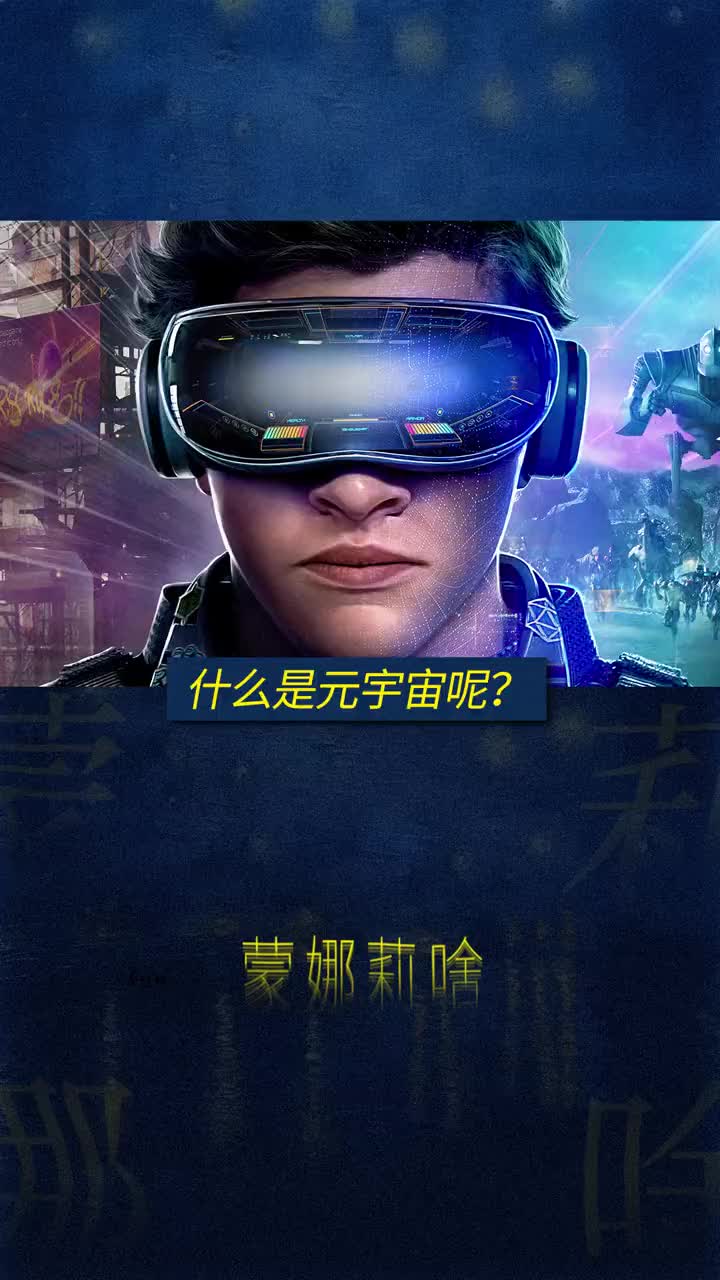


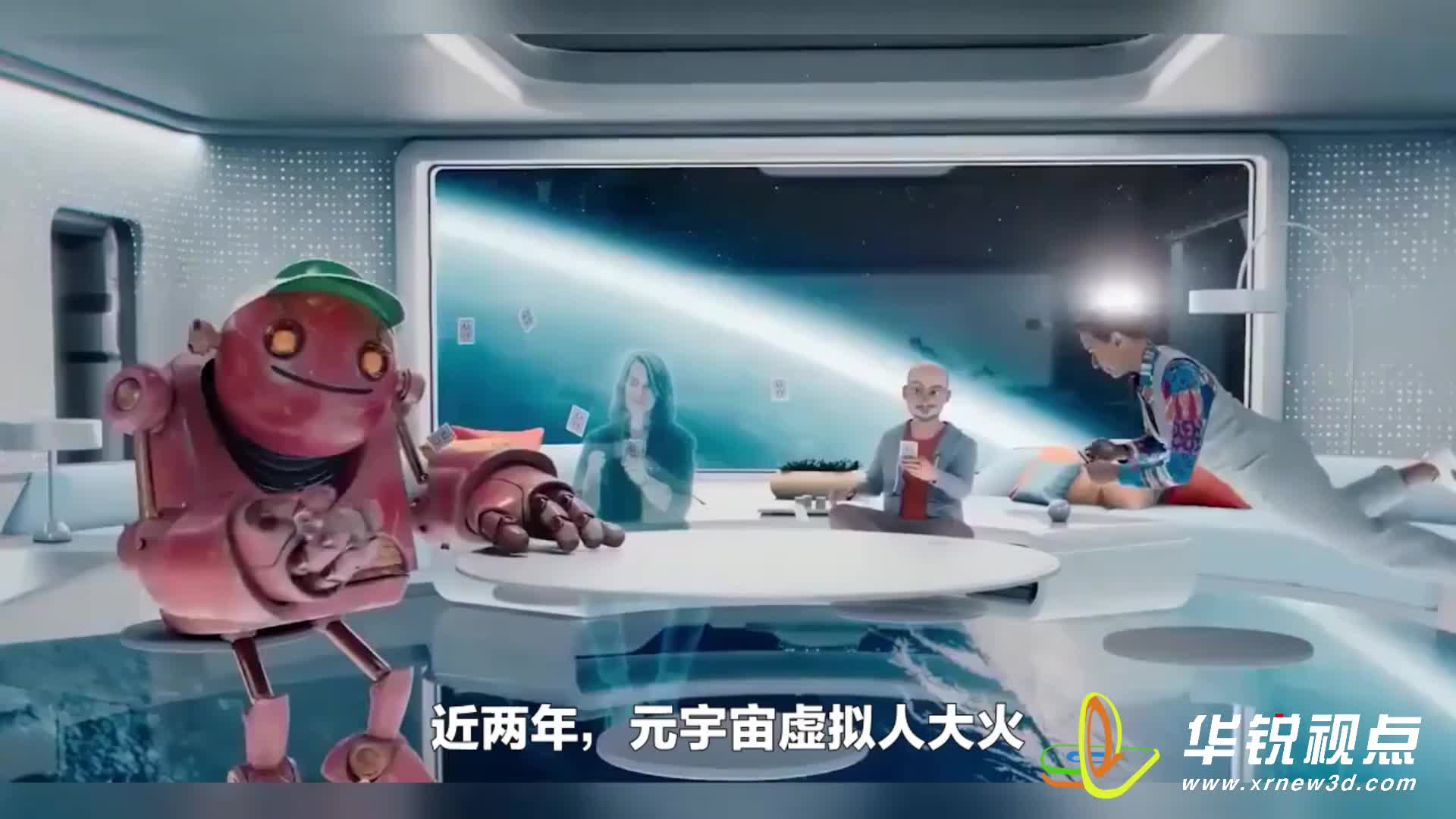
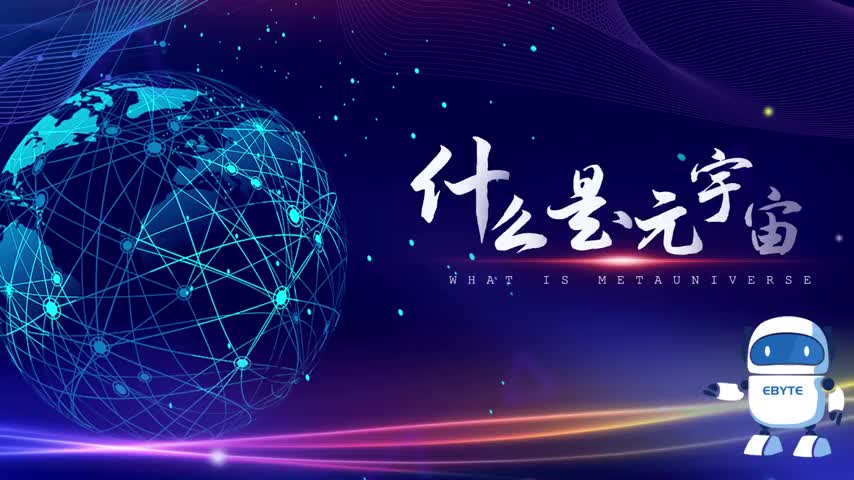
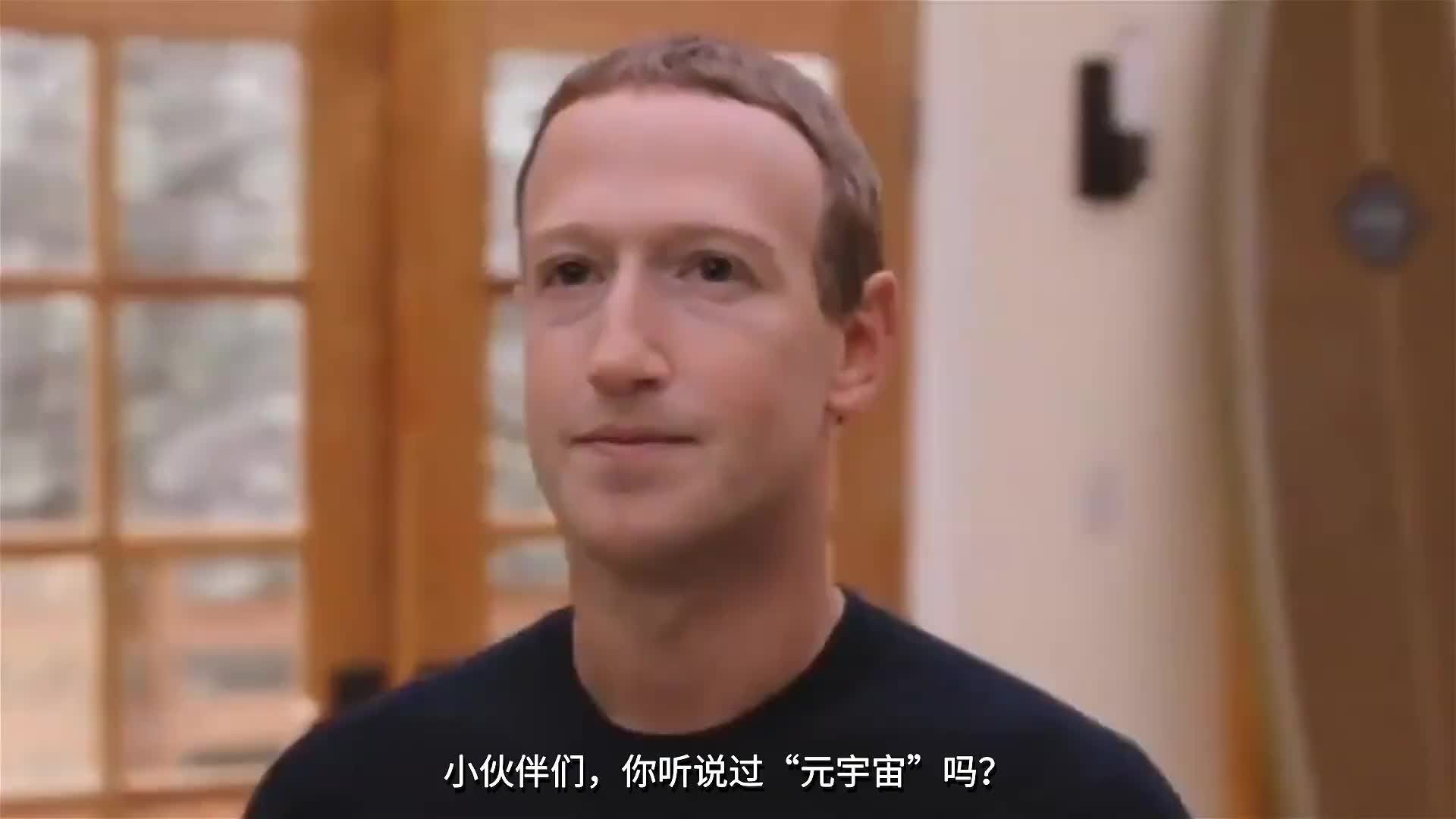

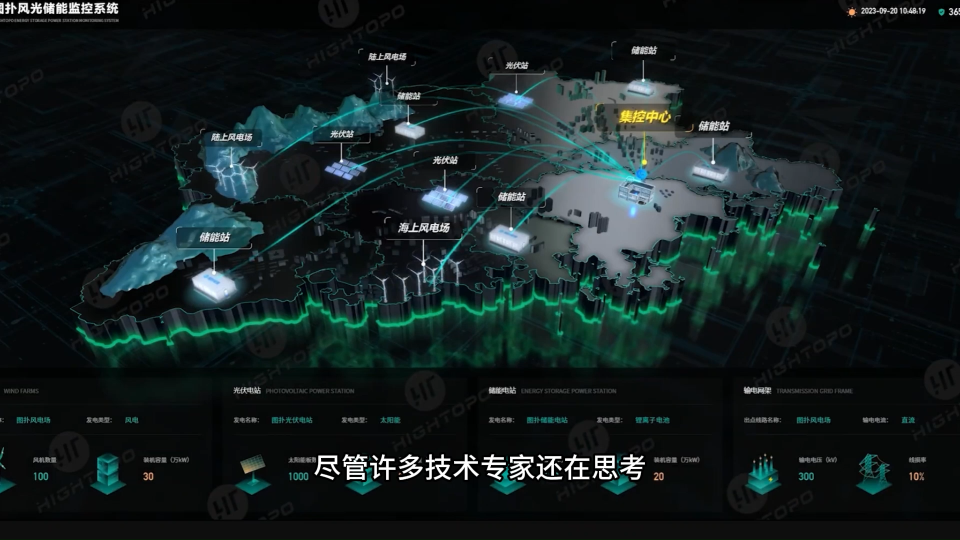
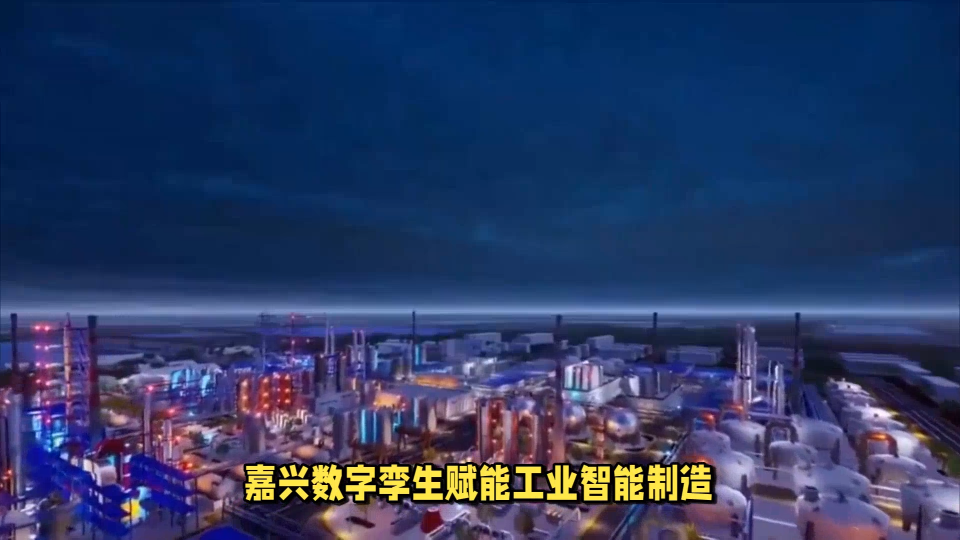
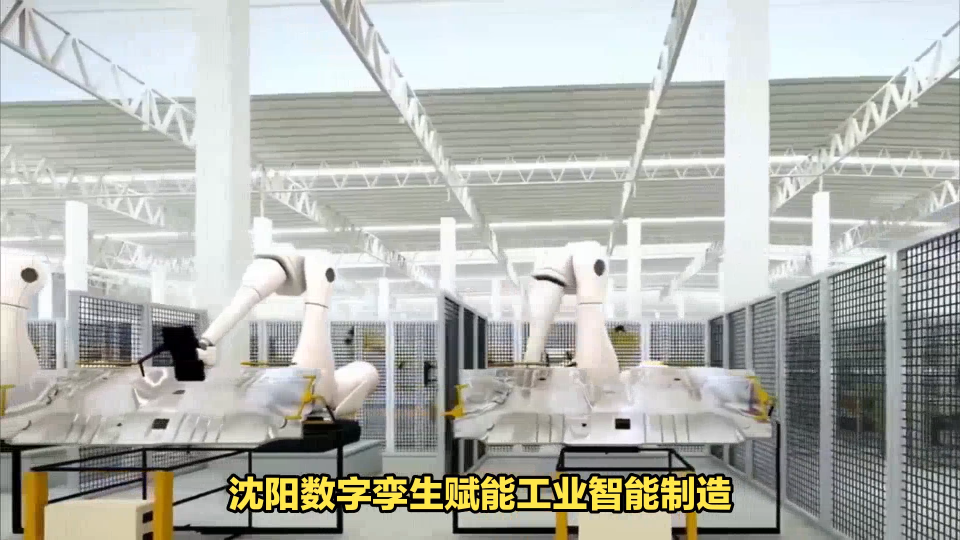
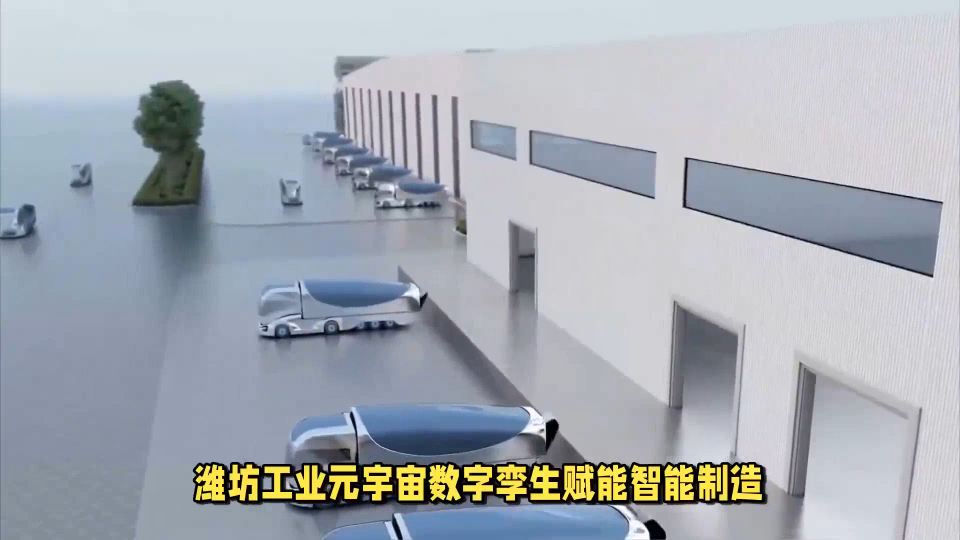
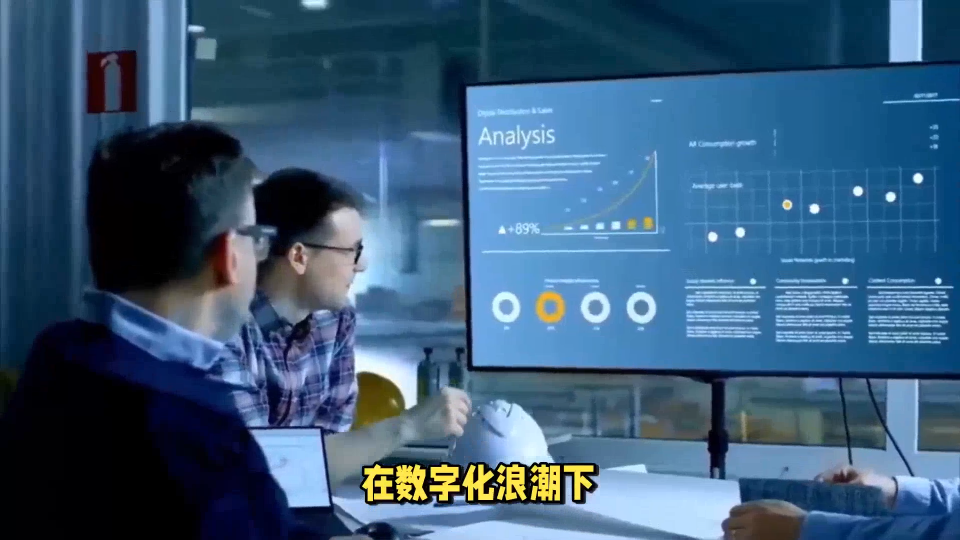
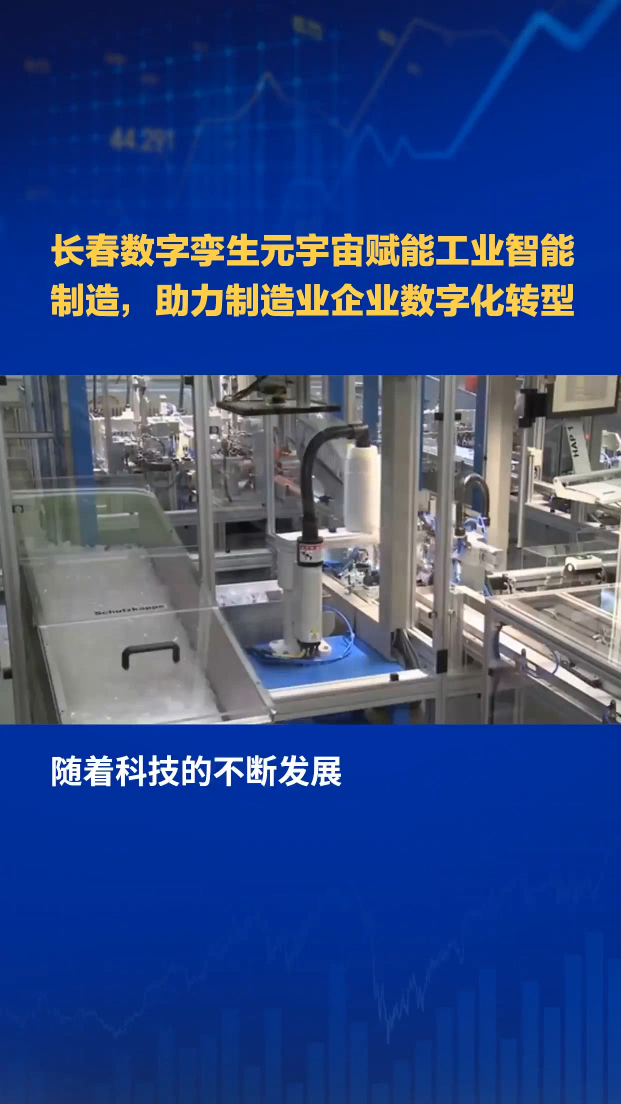
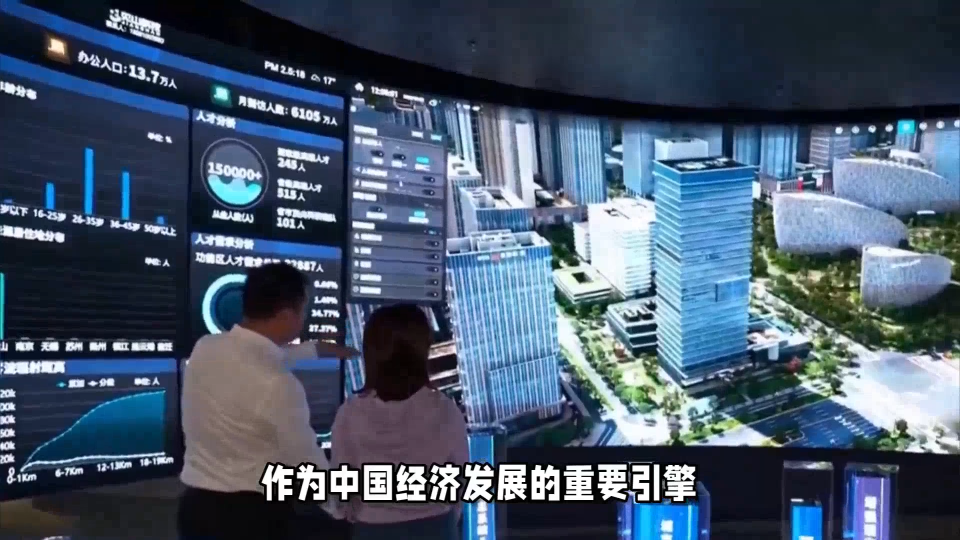

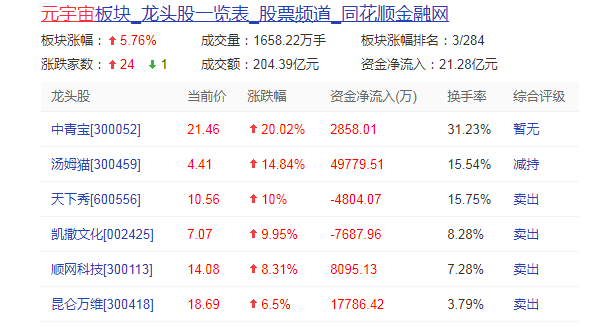
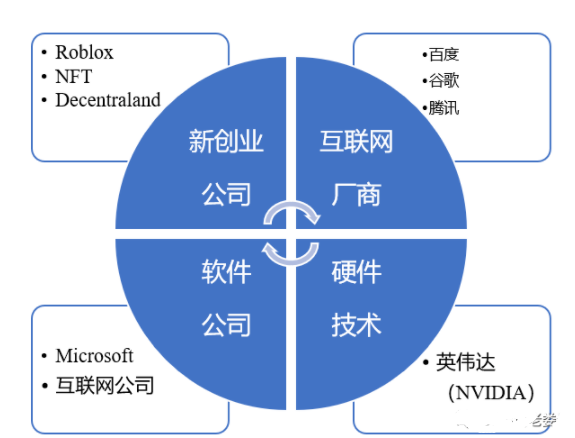

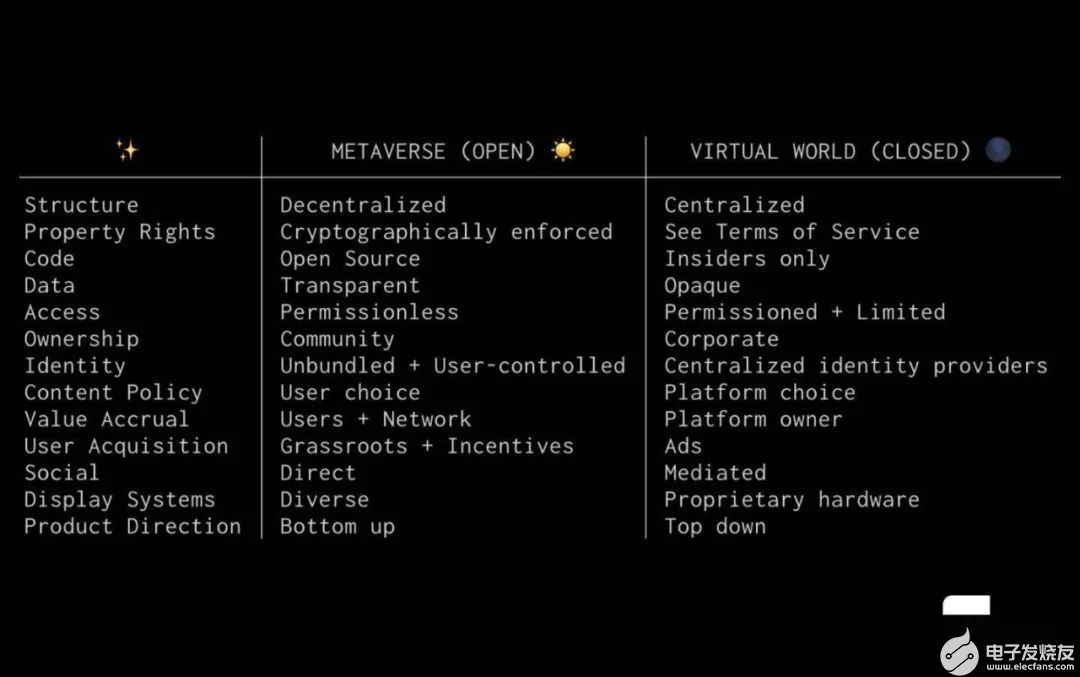
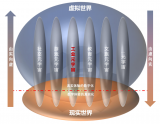
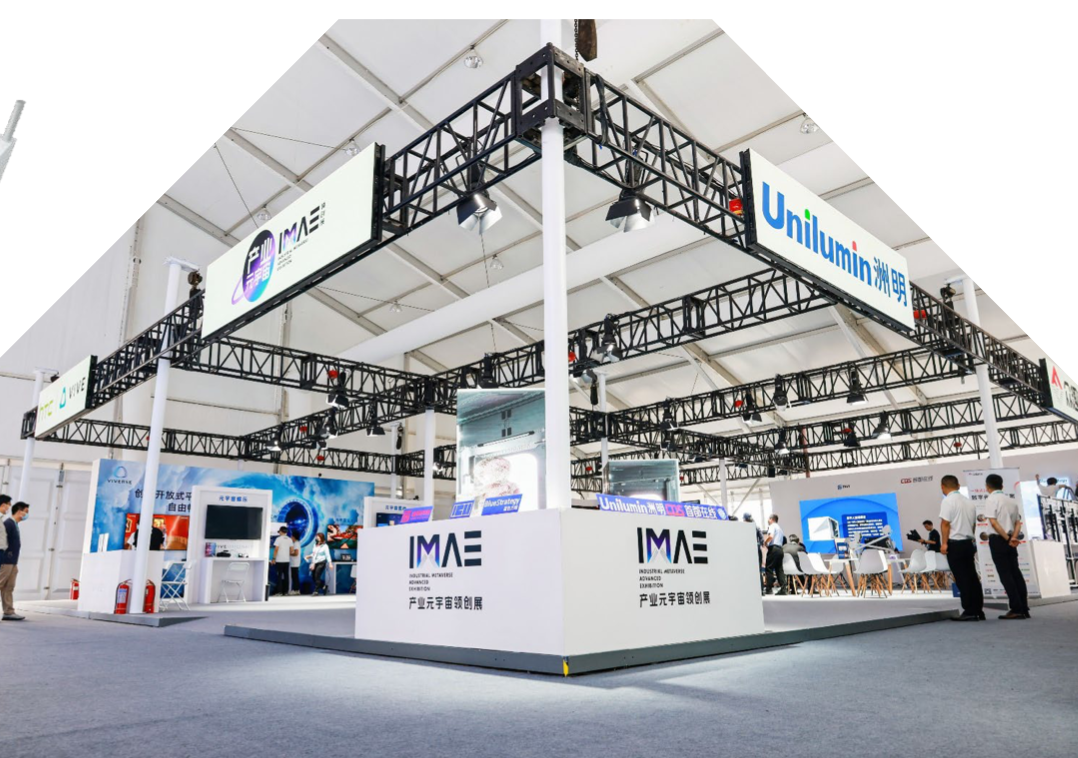










評論